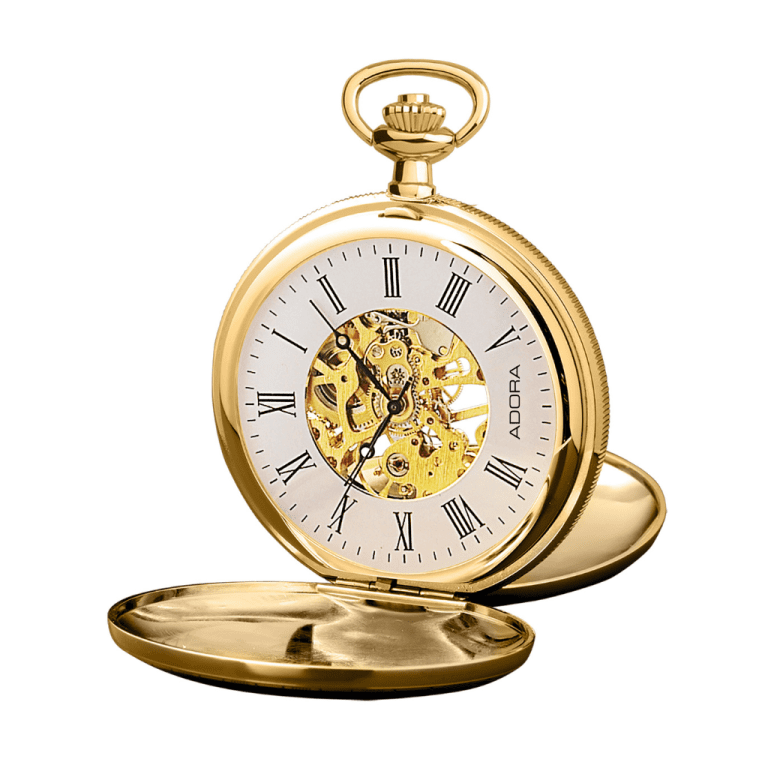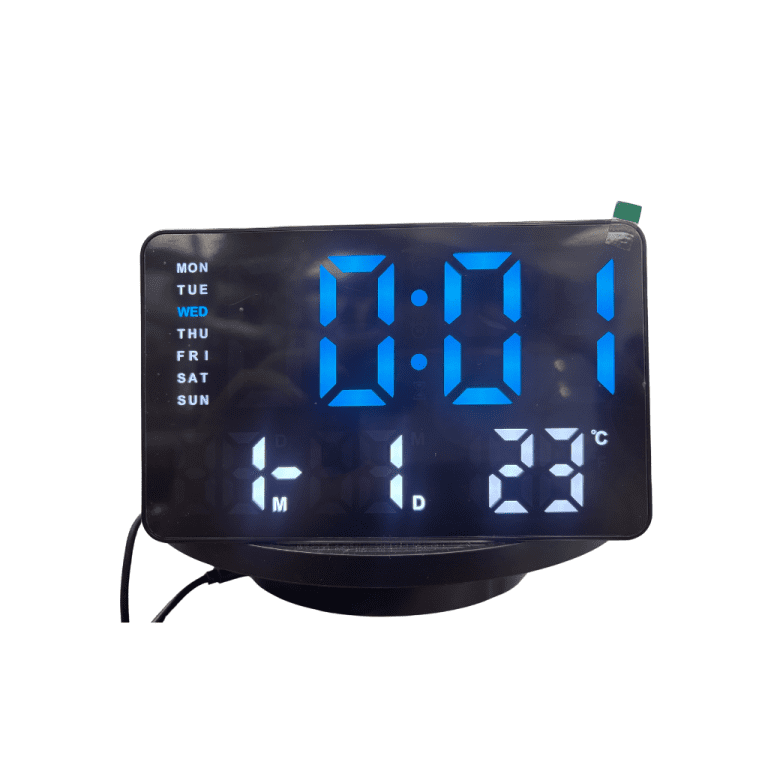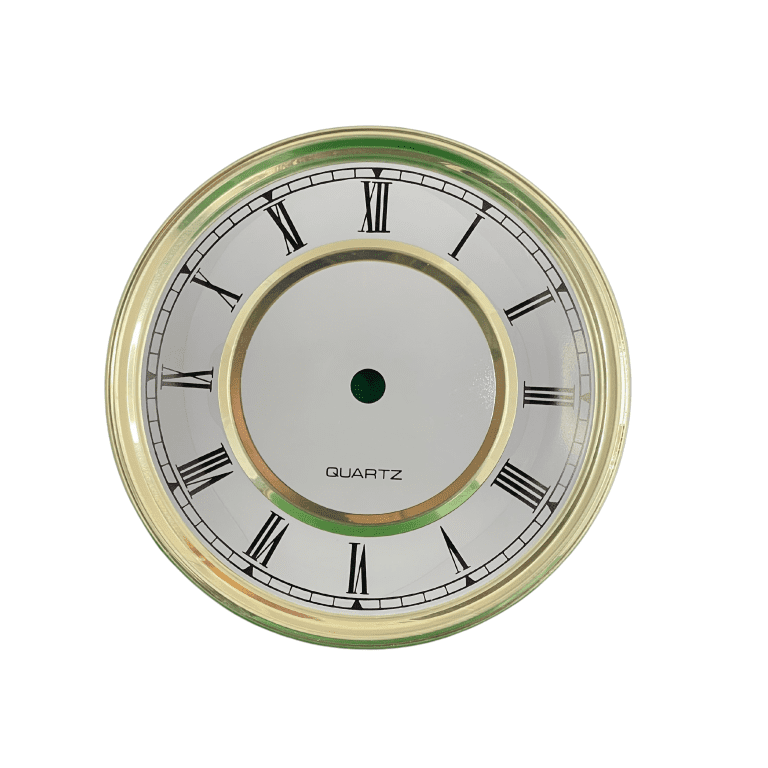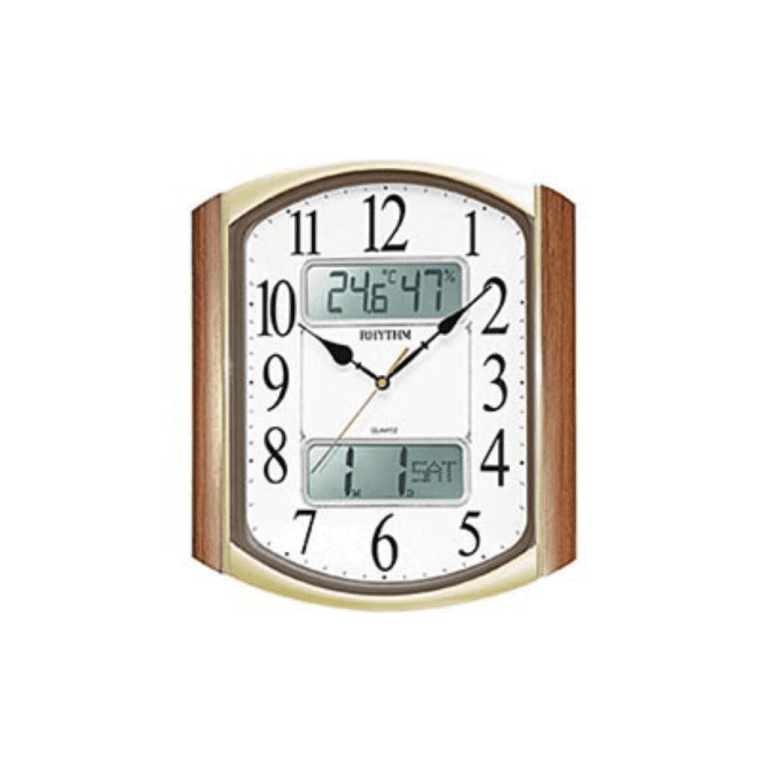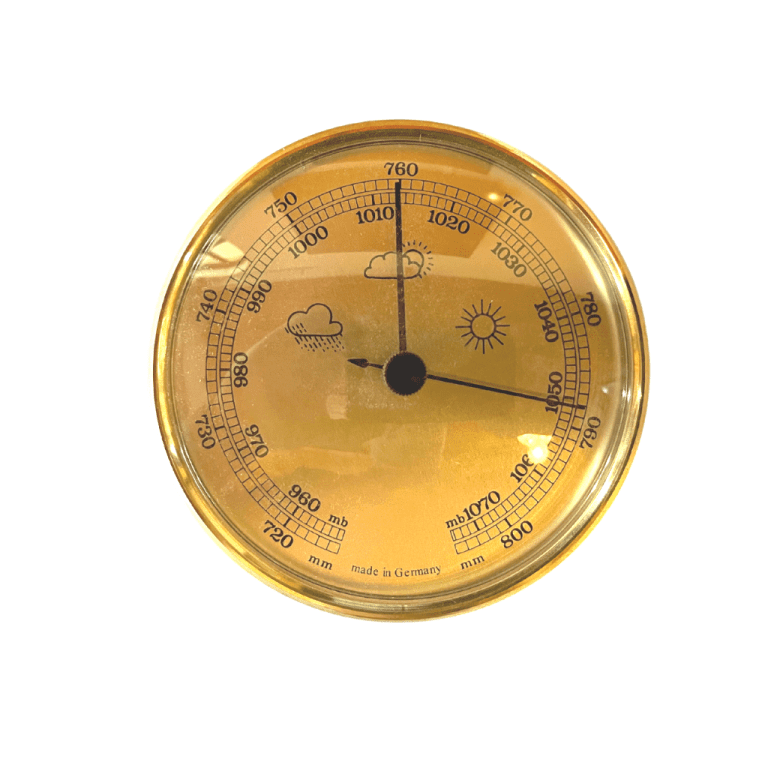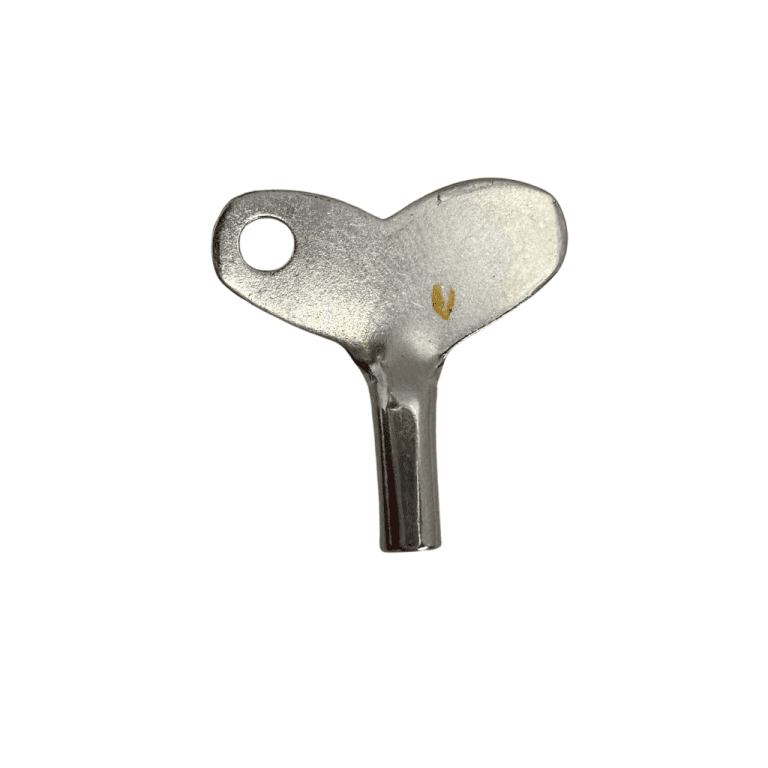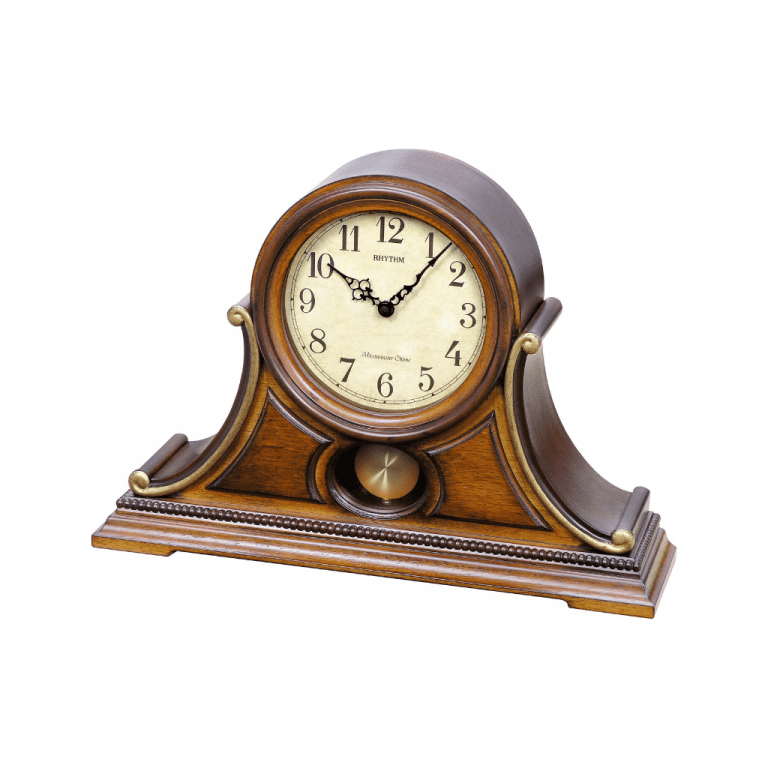A grandfather clock is a finely crafted instrument designed to keep accurate time for decades, but like any mechanical device, it needs regular care. Knowing when to service your clock can prevent costly repairs and keep it running smoothly for years to come.
The first and most obvious sign is inaccurate timekeeping. If your clock begins to lose or gain minutes each day, despite being properly leveled and wound, the internal mechanism may need adjustment or cleaning. Another warning sign is if the clock stops unexpectedly, even though the weights are wound and the pendulum is swinging freely. This often points to dried oil or dirt inside the movement.
Listen carefully to your clock as well. A healthy grandfather clock has a steady, even tick. If you hear an irregular beat, grinding, or unusually loud ticking, it’s a signal that parts may be wearing down. The chimes are also a clue—if the sound becomes dull, out of tune, or skips notes, the striking mechanism could require servicing.
Dust and lack of lubrication are the two main enemies of a grandfather clock. Experts recommend a full service every 7 to 10 years, even if the clock seems to be running fine. This includes disassembling, cleaning, and re-oiling the movement. Neglecting this routine can cause gears to wear out, leading to expensive replacements.
You may also need to service your clock if you’ve recently moved it. Transport can knock parts out of alignment, and a professional adjustment ensures it continues to run correctly in its new position.
In short, if your grandfather clock is losing time, chiming irregularly, making unusual sounds, or has not been serviced in over a decade, it’s time to call a clock specialist. Regular maintenance ensures your treasured timepiece remains accurate, reliable, and beautiful for generations.





